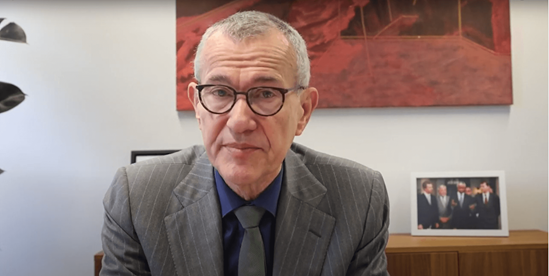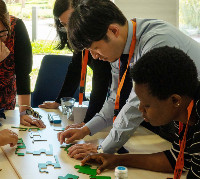Social determinants
Social determinants of health are the conditions in which people are born, grow up, live, work and age. These conditions influence a person’s opportunity to be healthy, his/her risk of illness and life expectancy. Social inequities in health – the unfair and avoidable differences in health status across groups in society – are those that result from the uneven distribution of social determinants.
Over the last century, average health status improved in Europe. However, these gains are not evenly distributed across countries or across social groups within the same country. Health inequities can be observed in higher and lower income countries alike across the WHO European Region.
Poverty is a key factor in explaining poorer levels of health between the most and least well-off countries and population groups within the same country. Yet differences in health also follow a strong social gradient. This reflects an individual or population group’s position in society, which translates in differential access to, and security of, resources, such as education, employment, housing, as well as differential levels of participation in civic society and control over life.
WHO/Europe supports Member States in tackling socially determined health inequities. It guides actions by providing sound scientific evidence and options for policy-makers to strengthen their governance capacity to systematically act on social determinants of health and reduce health inequities.
WHO/Europe aims to provide an evidence-based, systematic and accountable approach to the full integration of the social and economic determinants of health into the development strategies of countries in the WHO European Region.
Activities are developed within two interrelated areas of work:
- providing a portfolio of services to Member States to increase their capacity to tackle health inequities by addressing social and economic determinants of health; and
- monitoring, reviewing and systematizing the policy implications of emerging research findings on socially determined health inequities.
Essential to the delivery of both activities is the development of skills and know-how, designed for policy-makers, practitioners and representatives of nongovernmental organizations, academia and programmes of WHO and other United Nations agencies.










